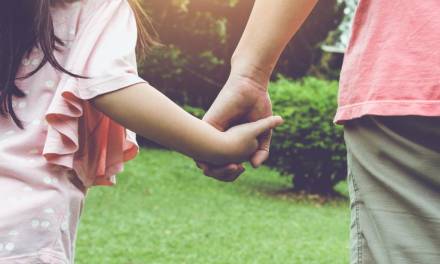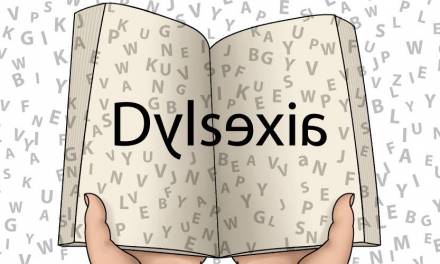PSHE is abbreviation of personal, social, health and economic education.
The national curriculum states that: all schools should make provision for personal, social, health and economic education (PSHE), drawing on good practice.
The subject helps children and young people grow and develop as individuals and as a member of families and social and economic communities.
What does it entail? This blog post explains.
What is PSHE?
PSHE aims to give children “the knowledge, skills and understanding to lead confident, healthy and independent lives.”
The subject isn’t statutory in primary schools – therefore there is no set programme of study that pupils need to fulfil.
However the Department for Education explains with clarity that PSHE is an “important and necessary” part of education.
There are three core themes of the subject in primary school:
- Health and Wellbeing
- Relationships
- Living in the Wider World: economic wellbeing and being a responsible citizen
Theme 1: Health and Wellbeing
Health and wellbeing teaches pupils:
- What is meant by “a healthy lifestyle”
- How to maintain good physical, mental and emotional health
- How to manage risks to physical and emotional health
- How to keep physically and emotionally safe
- How to manage change: puberty, transition and loss
- How to make informed choices about health and wellbeing
- How to respond in emergencies
- How to identify influences on health and wellbeing
Theme 2: Relationships
This theme includes:
- How to develop and maintain a variety of relationships, within a range of social and cultural contexts
- How to be aware of and also manage emotions within relationships
- How to respond to negative relationships (including bullying and abuse)
- How to ask for help within a negative relationship
- How to respect equality and diversity
Theme 3: Living in the Wider World
In this theme, children are learning:
- Respect – for themselves and others, and the importance of their responsible actions
- Rights and responsibilities of families, groups and citizens
- How to be a productive member of a diverse community
- The importance of protecting the environment
- The importance of money, keeping it safe and managing it effectively
- The basic understanding of enterprise
How is PSHE taught in schools?
The PSHE Association has advised that schools should have one hour of timetabled PSHE each week.
This may include lessons on bullying, world religions and recycling.
It is also taught across the curriculum. Such as:
Science: The National Curriculum states that pupils must be taught about how bodies change, grow and age.
ICT: This might involve the risks that users face online and rules for internet safety.
PE: This may include different ways of keeping fit and active – and how bodies feel after physical exercise.
Read: Things they teach you in PSHE to help you during isolation
How can I practice PSHE?
At EDArcade we can help you learn and apply PSHE through a fun and exciting games based learning platform.
Our games cover topics including British values, mental health, internet safety, healthy eating and more.
Knock Knock: This brilliant game for teaching children to be independent. A parental figure will tell the player who is expected to be at the door. The player must then follow the procedure of using the doors to check and identify the visitor – it is up to them to make a decision whether to let the person in.
Rise Above It: This teachers players to be resilient and how to cope with tough and intimidating situations. When the learner faces a comment from another person they can choose whether to listen to or ignore the comment.
Read more: Top 10 educational games to keep children occupied
For more information email mail@edarcade.com or call 01909 776906.









